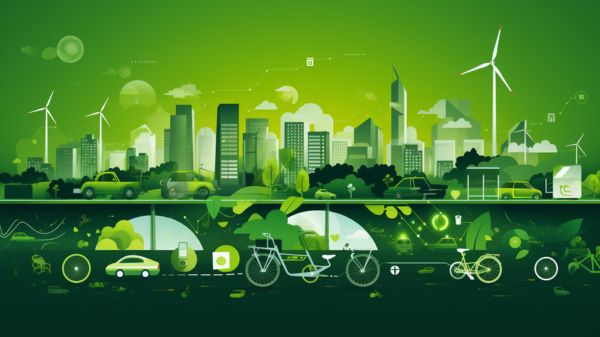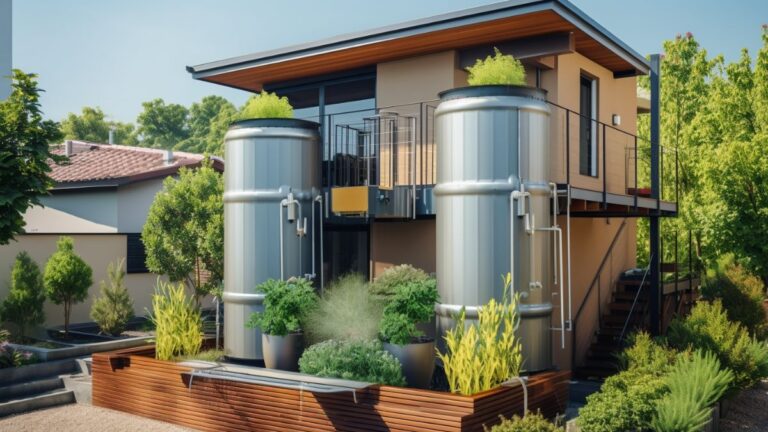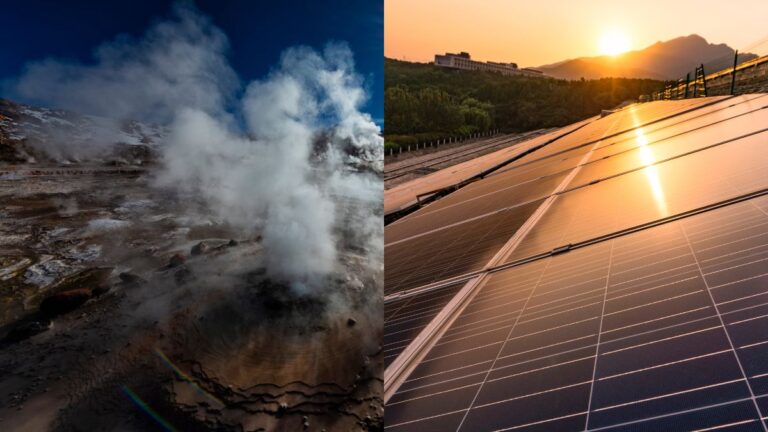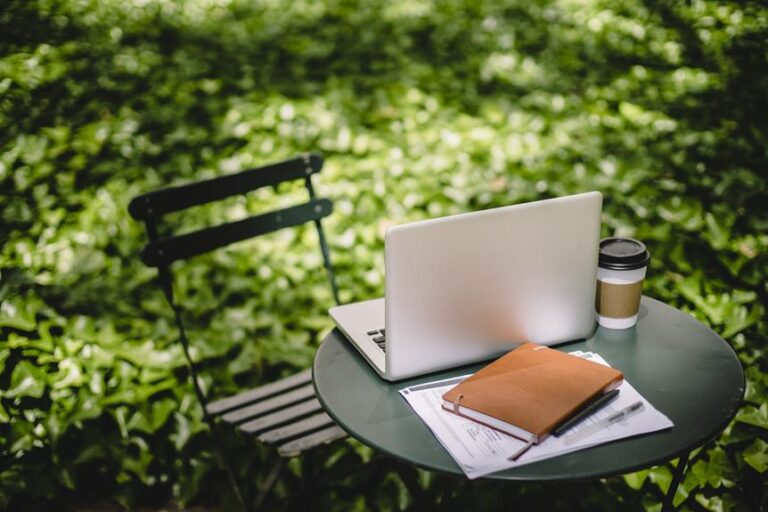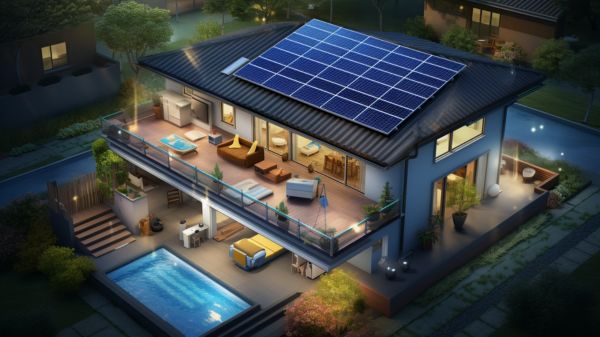Six Effective Tips for Green Water Conservation
Are you looking to make a positive impact on the environment and feel a sense of belonging in a community that values sustainability? Look no further!
We have six effective tips for green water conservation that will help you save water, reduce your bills, and contribute to a healthier ecosystem.
- By choosing native plants
- Watering in the morning
- Using efficient irrigation methods
- Practicing sustainable pest control
- Implementing water-saving techniques
By following these tips, you can make a significant difference. Together, let’s take small yet impactful steps towards conserving water and creating a greener future for ourselves and the generations to come.
Let’s dive in and discover how we can make a difference through these simple yet effective tips.
Low-Flow Shower Heads
We can achieve significant water conservation by using low-flow showerheads in our homes. These showerheads dispense less than 2 gallons of water per minute, saving a considerable amount of water during showers.
WaterSense labeled showerheads are an excellent option as they ensure water conservation without compromising water pressure. By shortening our showers to 5-10 minutes, we can further reduce water waste. Long showers can consume between 25 to 75 gallons of water, but with a low-flow showerhead, we can reduce water usage to just 10 gallons, promoting water efficiency.
Installing a low-flow showerhead is an effective and simple way to save water without sacrificing comfort or cleanliness. Let’s take action and make this small change to contribute to water conservation efforts.
Shorter Showers
To maximize water conservation efforts, let’s aim for shorter showers. By reducing the time spent in the shower, we can significantly decrease water waste and save money on our water bills. Here are three reasons why shorter showers are essential for green water conservation:
- Less Water Usage: Shorter showers can use as little as 10 gallons of water, compared to long showers that can consume 25 to 75 gallons. By cutting down shower time, we can conserve a significant amount of water.
- Sustainable Gardening: Conserving water in the shower can also benefit our gardens. The water we save can be used for sustainable gardening and irrigation systems, ensuring that our plants stay healthy without wasting precious resources.
- Financial Savings: Shorter showers not only help the environment but also our wallets. By reducing water use, we can save money on our utility bills, making our homes more sustainable and cost-effective.
Let’s make a conscious effort to take shorter showers and contribute to a greener future.
Faucet Usage Control
To further reduce water waste and promote green water conservation, let’s explore the importance of effectively controlling faucet usage.
One of the simplest and most effective ways to save water is to turn off the faucet when it’s not actively being used. Even the smallest drip can waste gallons of water per minute.
By being mindful of our faucet usage, we can significantly reduce our water consumption and lower our water bills.
Additionally, using water efficiently allows us to use less tap water and rely more on collected rainwater.
It’s important to conserve water not only for our own financial benefit, but also for the well-being of our environment.
Let’s take action and make a conscious effort to control our faucet usage and save water.
Rainwater Collection
One crucial aspect of water conservation is efficient rainwater collection. By using rain barrels or other collection systems, you can gather rainwater to use for various tasks, reducing your reliance on tap water.
Here are three key benefits of rainwater collection:
- Water directly: With rainwater collection, you have a direct source of water for your garden or household tasks. Instead of using tap water, which can be costly and wasteful, you can use the rainwater you’ve collected.
- Retain moisture: Rainwater is excellent for retaining moisture in your soil. By using rainwater to water your plants, you can help them thrive and reduce the need for additional watering.
- Compost to your soil: Rainwater collection also allows you to compost directly to your soil. By adding rainwater to your compost pile, you can speed up the decomposition process and enrich your soil with essential nutrients.
Tap Water Consumption
Our commitment to water conservation starts with minimizing our tap water consumption. By being mindful of how much water we use from our faucets, we can make a significant impact on our overall water usage.
One simple way to reduce our tap water consumption is by installing low-flow faucets, which release only 1.5 gallons per minute compared to the average faucet’s 2.2 gallons. Additionally, replacing old showerheads with WaterSense labeled ones can save up to 2,900 gallons of water per year.
We can also take advantage of energy-efficient appliances, such as Energy Star rated dishwashers, which use only 4 gallons of water for the entire cycle. Moreover, by choosing to drink tap water instead of using plastic water bottles, we not only save money but also reduce plastic waste.
Let’s start making small changes in our daily routines to give back to our environment. We can also contribute to water conservation by utilizing rainwater for outdoor purposes and by using food scraps to nourish our gardens with native plants. Together, we can make a difference.
Conclusion
By implementing these six effective tips for green water conservation, you can become an eco-warrior in your own home.
With the power of native plants, efficient irrigation methods, sustainable pest control, and water-saving techniques, you can save water, reduce your bills, and contribute to a healthier ecosystem.
So why wait? Start making a splash in water conservation today!

